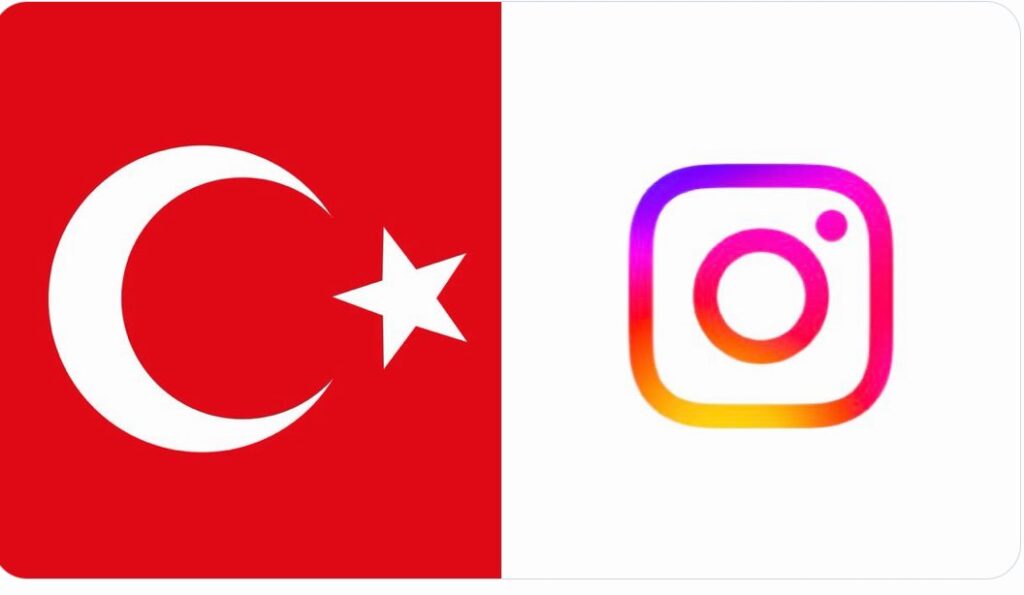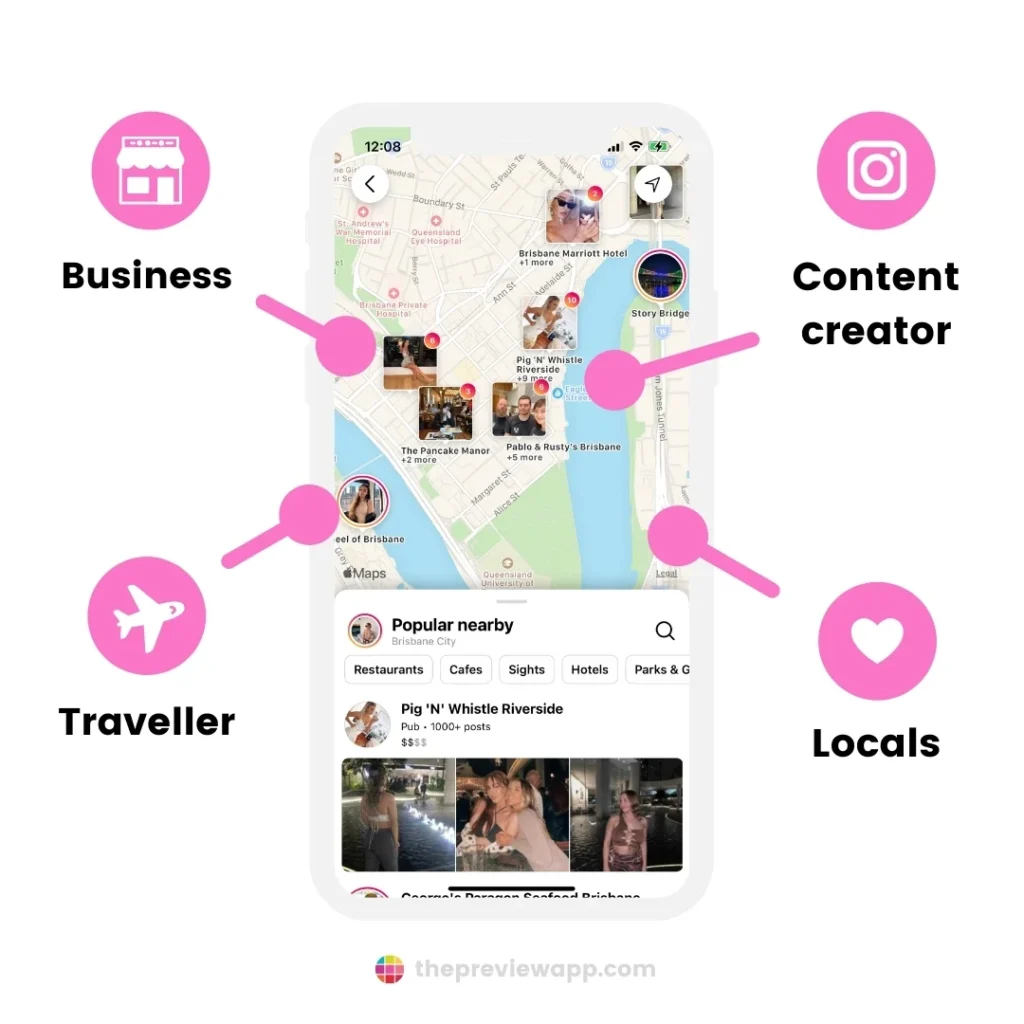Recent developments in social media show how deeply intertwined technology, politics, and global regulations have become. From platform bans in Venezuela and Turkey to cybersecurity concerns in the U.S., social media remains at the heart of public discourse and international relations.
What’s Happening & Why This Matters
Trump Campaign Hacked by Iranian Phishers

The Trump campaign recently revealed that Iranian hackers breached their internal communications. The attackers used a spear-phishing email targeting a high-ranking official in an attempt to disrupt the 2024 U.S. elections. Microsoft identified the attack, noting that the email rerouted traffic through a domain controlled by the hackers. Although the attack failed to access a former presidential candidate’s account, it underscores the ongoing cybersecurity threats facing political campaigns.
Turkey Reverses Instagram Ban

Turkey lifted its temporary ban on Instagram after the platform agreed to meet government demands regarding content regulation. The ban was initially enforced because of accusations that Instagram censored posts expressing condolences for a Hamas leader. This incident reflects the growing trend of social media platforms being pressured by governments to align with local regulations.
Venezuela’s 10-Day Ban on X
Venezuelan President Nicolás Maduro imposed a 10-day ban on X, formerly Twitter, after Elon Musk accused him of election fraud. Maduro claimed that the platform was being used to incite unrest in the country. The Venezuelan government has also criticized other platforms like WhatsApp, further escalating tensions between social media companies and government authorities.
Instagram’s New Location — Mapping Feature

Instagram is testing a location-mapping feature similar to Snap Maps. This feature allows users to post updates based on their location, which can then be shared with friends. Unlike Snap Maps, Instagram offers more controlled privacy settings, letting users share posts only with close friends or selected followers. This feature is currently in limited testing and represents Instagram’s effort to enhance user engagement through new services.
Russia Blocks Signal
Russia has blocked access to the encrypted messaging app Signal, citing concerns that it was being used by terrorists and extremists. In response, Signal advised users to activate its censorship circumvention feature, which reroutes traffic through larger platforms like Google and Amazon to bypass restrictions. This incident highlights the ongoing conflict between governments and encrypted communication platforms, especially in regions with strict internet censorship laws.
TF Summary: What’s Next
These events illustrate the ongoing struggle between social media platforms and global governments. As these platforms navigate content moderation and privacy concerns, they face increasing pressure to comply with local laws while maintaining user engagement. We can expect more regulatory actions, platform adjustments, and new features designed to balance the demands of both users and authorities. The tension between free speech, platform governance, and government intervention will continue to shape the digital landscape.
— Text-to-Speech (TTS) provided by gspeech


